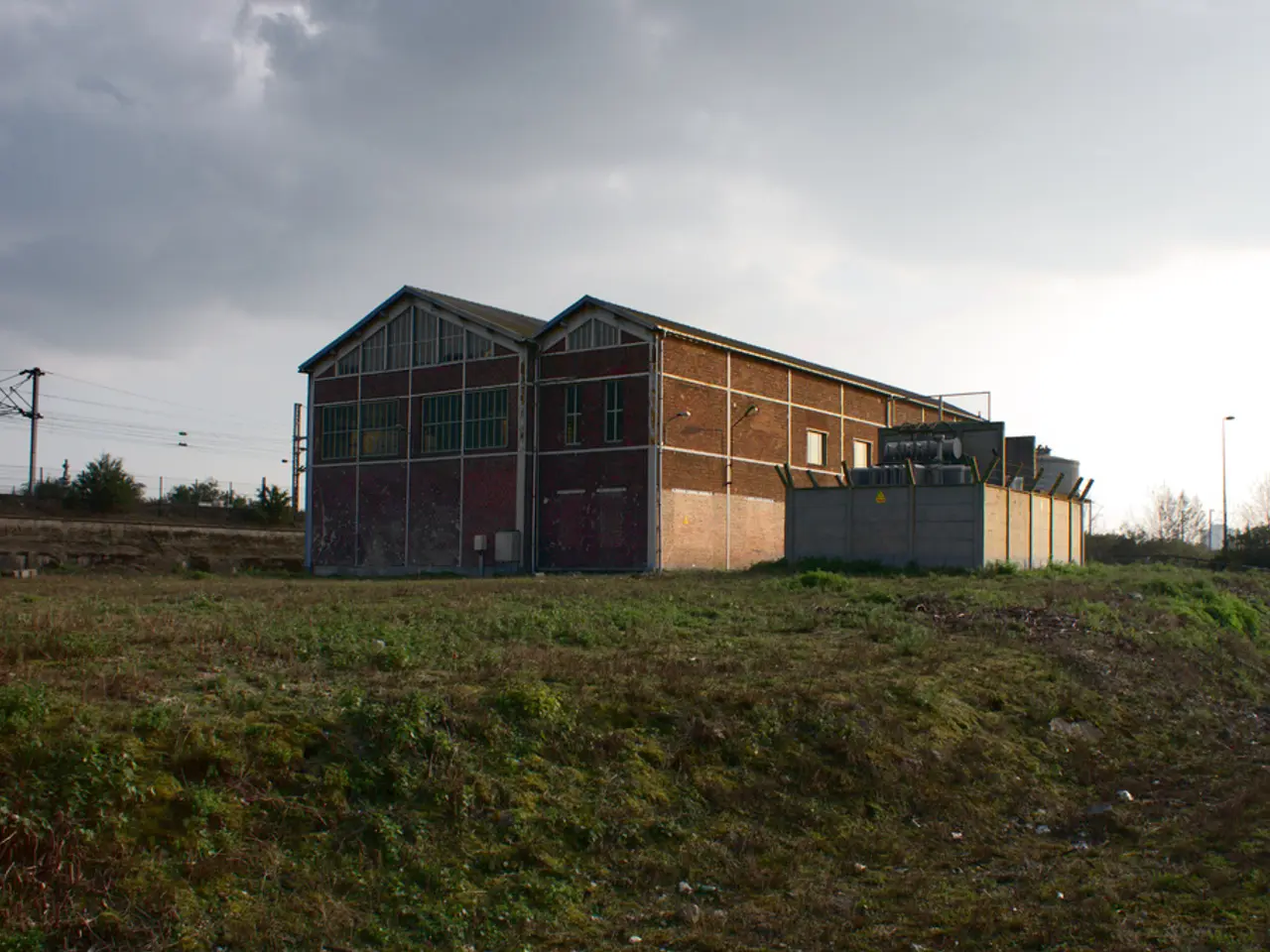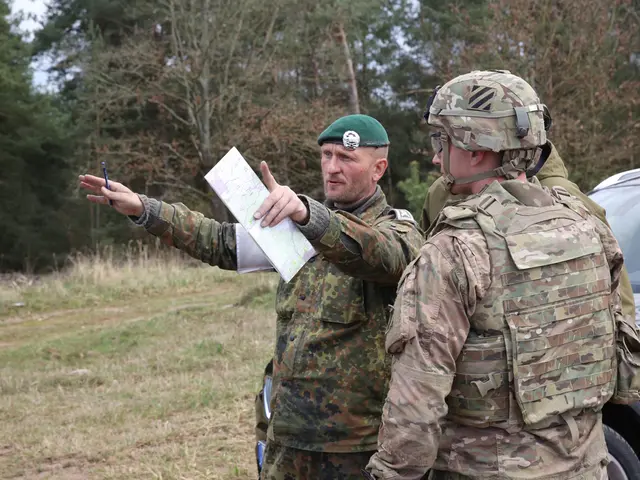Authorities: No Indications of Power Market Abuse During Periods of Low Demand - Germany's Energy Transition Faces Capacity Crunch as Prices Surge
Germany's energy landscape faces challenges as the phase-out of nuclear and coal plants reduces capacity, leading to higher prices and increased reliance on news imports. Recent price surges, such as the two sharp spikes in 2022, have raised concerns about market stability and the need for more dispatchable capacity.
The Federal Network Agency has warned that the system requires more flexibility in supply and demand to maintain stability. Investigators confirmed that dispatchable power plants were fully utilized during these periods, highlighting the need for additional capacity.
Economic Affairs Minister Katharina Reiche (CDU) plans to address this by building new gas-fired power plants, aiming for up to 20 gigawatts (GW) of new capacity. Currently, around 40 new gas power plants corresponding to about 20 GW are planned, but EU approval is still pending.
Greater flexibility could also be achieved through expanded private energy storage and smart meters. Critics argue that large-scale battery storage, biomass, and hydropower could also provide needed dispatchable capacity.
The Federal Cartel Office, led by Andreas Mundt, found no evidence of market abuse by power producers during these price surges. However, Mundt urged policymakers to reduce market concentration in power generation through upcoming tenders.
Germany's energy transition faces challenges in maintaining grid stability and affordability. While new gas power plants are planned to increase capacity, alternative sources and market reforms are also being considered to ensure a secure and sustainable energy future.
Read also:
- American teenagers taking up farming roles previously filled by immigrants, a concept revisited from 1965's labor market shift.
- Weekly affairs in the German Federal Parliament (Bundestag)
- Landslide claims seven lives, injures six individuals while they work to restore a water channel in the northern region of Pakistan
- Escalating conflict in Sudan has prompted the United Nations to announce a critical gender crisis, highlighting the disproportionate impact of the ongoing violence on women and girls.







